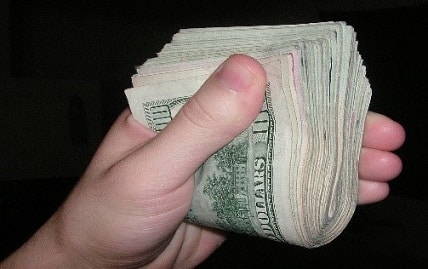A co-op maintenance fee combines property taxes and common charges into one convenient (or inconvenient?) monthly payment.
Maintenance
Usually included in this charge are salaries for personnel, building safety, security and sanitation, and planned capital improvements. Remember you own shares in a building and the entire building receives the property tax bill not the individual owner. A maintenance payment is frequently about 50 percent property tax and 50 percent common charges. At the end of each year, co-op owners receive a form from the management company letting them know their share of the property tax.
Assessments
All coops have a reserve fund and the monies are used to deal with unexpected expenses (i.e., leaking roofs, new elevators or boiler systems). If there is not enough money in the reserve fund to pay for these expenses, the shareholders experience an assessment which is an additional amount added to the maintenance bill to pay for the expense.
Governance
The New York Times finds that there are at least 7,000 co-ops in NYC and they are governed by New York Business and Corporation Laws (BCL) but there is no regulatory agency that enforces the laws on co-ops; therefore, there is no regulatory agency that enforces the laws on co-ops. In the case of co-op board power abuses or corruption, shareholders have to come up with large sums of money to sue in court which has deterred grieved and ripped off co-op shareholders from standing up to their BODs and allowed co-op board corruption to go unchecked for decades.
In theory, the easiest way to get rid of a corrupt BOD is through the election.
However, under BCL 619, co-op election fraud is a civil offense. The grieved party has to sue in the supreme court and a judge can confirm an election result or order a new election. Even if the “aggrieved” is willing to pay the fees to sue, more disadvantages lie ahead. BCL 721-724 entitles co-op boards money in civil and criminal cases which means while suing shareholders payout of their own pockets the board members do not have to pay a penny.





